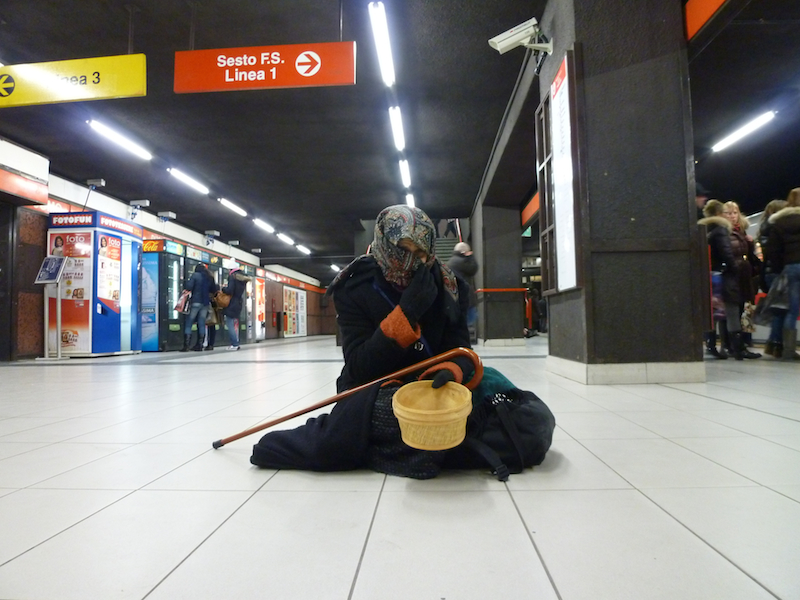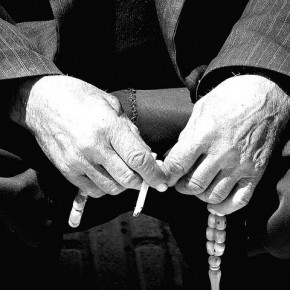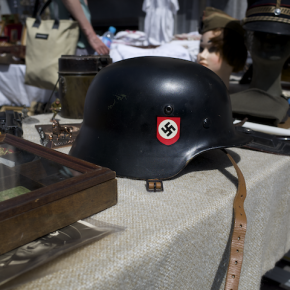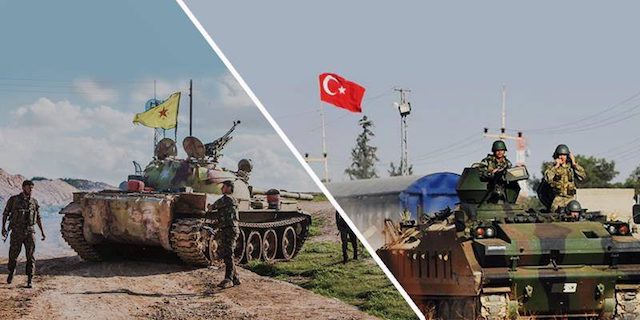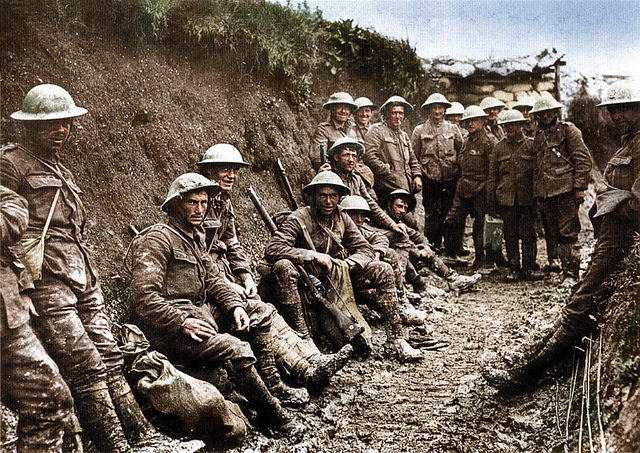One morning in May of 2007, I entered onto a Manhattan subway platform, fearing I’d just made a bad decision. I’d just accepted a job at a local newspaper that covers labor, and a part of my beat covered transit workers. It wasn’t just because I was leaving a comfortable research gig at a union to “follow my dream” of journalism, but because I wondered if I had overestimated the importance of the stories I’d be working on. Just then, I saw a newspaper headline that a subway track worker had been killed while doing repair work, only days after a similar fatal incident. My fears were eased.
This memory came back to me just after reading about the horrific fire at a mine in Turkey, which at the time of this article’s writing already claimed the lives of 300 workers. While not on the scale of the Rana Plaza collapse in Bangladesh, which killed more than 1,000 garment workers, this accident was clearly one of the most grizzly in the resource extraction sector in recent memory. In the midst of the images of tragedy, and subsequent anger, there is a tendency for American worker advocates to see these accidents as the tragic outcomes of what happens in less industrially advanced countries, where they are better understood as intrinsically connected to the labor injustices we face in the so-called First World.
David Harvey, one of the world’s most renowned contemporary scholars of Karl Marx, famously points out that capitalism doesn’t solve crises, but rather moves them around geographically. The same could be said about the sordid nature of industrial labor. Sure, lower Manhattan might no longer be the scene of factory accidents like the Triangle Fire. It’s just that those conditions have been exported to places such as South Asia and China.
It’s often easy to think that this only means First World capitalists have simply exported this mess to the developing world, where labor law is lax and government integrity is fragile. But even within the United States, the horror of industrial labor like the scene in Turkey can be found in the destitute corners of the Republic. It was only four years ago that neglect of mine safety rules lead to the deaths of 31 miners in West Virginia, where public policy is seemingly drafted by the coal industry. And in the Gulf of Mexico, the shocking environmental devastation of the Deepwater Horizon oil rig explosion often overshadows that the crisis began with a dozen lost souls. In April 2013, the failure of the West Fertilizer Company in Texas, whose governor brags about its lack of commercial and industrial regulation, to safely store chemicals resulted in a massive fire killing 15 people, but this was overshadowed in the American press by the Boston marathon bombings, the understanding being that death by terrorism is more important than death by company negligence, no matter the body count.
Just this month, Human Rights Watch released a report on tobacco fields in the American South where child workers—allow me to repeat, child workers—reported “vomiting, nausea, headaches, and dizziness while working on tobacco farms, all symptoms consistent with acute nicotine poisoning,” and that “they worked long hours without overtime pay, often in extreme heat without shade or sufficient breaks, and wore no, or inadequate, protective gear.”

It was only this month, as well, that Qatar, often considered one of the world’s richest countries, would amend its labor laws to address the deaths of 53 Nepali workers involved with World Cup construction, a move that some human rights groups believed were half-hearted. It isn’t just that a rich country would offshore its industrial misery, but rather import labor, thus a commodity, to suffer on its own shores.
The point here is that, despite what economic commentators say, these accidents are not the growing pains of a developing society. These accidents are not the cause of a different system of priorities that we in the developed world take for granted. No, this is quite simply the human cost of growing inequality.
Thomas Piketty, in fact, begins his acclaimed volume about the concentration of capital with the scene of dozens of striking miners shot and killed by South African police in August 2012. While those deaths were the result of police violence rather than worksite safety mismanagement, what is clear is that for capital to further concentrate, it must weaken the economic power of labor, which means not only reducing wages, but drastically reducing the money spent to ensure safe working conditions.
Piketty insists that the only real response to this historical trend is the implementation of a global wealth tax. That effectiveness of this is up for debate, but taken at face value, let’s ask ourselves who could advocate such a global action. Already, in the aftermath of the Turkish mine disaster, workers are revolting, shaking the already beleaguered AK Party, which has faced anti-corruption demonstrations and Occupy Wall Street-inspired protests. And there’s similar anger of this type of suffering all over the world. The global labor movement, for better or for worse, has the infrastructure through global confederations to bring these types of protests to world level.
Surely, other constituencies would be necessary for building such a global movement. But understanding the global nature of these accidents, and how they are directly resulting from the concentration of global capital, rather than part of the development of industrial societies, would be an important step.
Photographs courtesy of Joel Schalit
